As we move further into the season of Lent, we try to make space in our hearts for the grace of humility. In this Whirlow blog we look at what Jesus says in Matthew’s Gospel about the orientation of our hearts; about our human tendency to point the finger at others instead of looking in the mirror – and how we are called to balance our words with our deeds.
We are invited to respond.
Photo by Elena Mozhvilo on Unsplash
It’s tempting to tell others what we think they should do. And to criticise them when they fail to follow our own perceived wisdom.
Jesus’ disciples, when he was physically present and those who follow his Way today, can easily find themselves drawn into judging others.
A story from Chapter 23 of the Gospel According to Matthew describes Jesus urging the crowds and his disciples to fight this inward temptation to judge.
In the preceding chapters, if you have time to read them, Jesus has repeatedly confronted the Jewish Leaders, recognising their vanity, hypocrisy and arrogance. But it is also clear that Jesus has respect for what the Pharisees teach – in verse 3 we read:
‘Do whatever they teach and follow it;’
However, this is followed immediately by a warning:
‘…but do not do as they do, for they do not practise what they teach.’
Matthew 23: 1-12 (NRSV)
Jesus is pointing out that what the Jewish Leaders say, doesn’t equate with their actions.
Can you imagine being amongst this crowd – or perhaps one of the disciples – and feeling the urge to point your finger at the Pharisees? Maybe you can hear raised voices around you; see faces flushing; sense a tone of righteous indignation; or even bewilderment – after all, aren’t these are the Jewish Leaders who ‘should know better’?
Take a moment to ponder on this.
Perhaps you can recall a time when you have felt bewildered and indignant about the inconsistency displayed by others?
Let us hold a mirror up to the situation in the story. What do we really see?
Photo by Gift Habeshaw on Unsplash
These traits are not specific to the Jewish Leaders, they are universal human characteristics. We are all prone to these faults. Ironically, if we point the finger at the Pharisees, we are the same – no different to them. Jesus helps us to consider the Pharisees and ourselves. He prompts us to look, and to see.
What do we see as we look at others?
What do we see as we look in the mirror at ourselves?
Are we able to drop the mask of the hypocrite to even hold up the mirror?
Our behaviours reflect the orientation of our hearts – self-promotion and praise from others can easily become more important to us than God’s quiet approval and grace. But the orientation of our hearts is the true measure of our faithfulness – more than the words we speak or the doctrines we proclaim.
What or who is most important to you?
To see who we are, and how we are to be, we simply need to turn our eyes towards the One to whom we pray:
Our Father in heaven,
hallowed be your name,
your kingdom come,
your will be done,
on earth as in heaven.
Give us today our daily bread.
Forgive us our sins
as we forgive those who sin against us.
Lead us not into temptation
but deliver us from evil.
For the kingdom, the power,
and the glory are yours
now and for ever.
Amen.
If you like, you can continue to ponder on God’s call to humility; on weighing the difference between words and actions, using this extract from a poem by Kate Brumby as an aid:
It’s tempting to be the critic
To join others in negativity and lies
To describe she who succeeds in life
As one who fails and does not try
…Yes, it’s easier to be the critic
To join others in their bitter way
Than inwardly look at the truth beneath
Admit fault and ‘I am wrong say’.
Kate Brumby: In the Palm of His Hand (2019)


